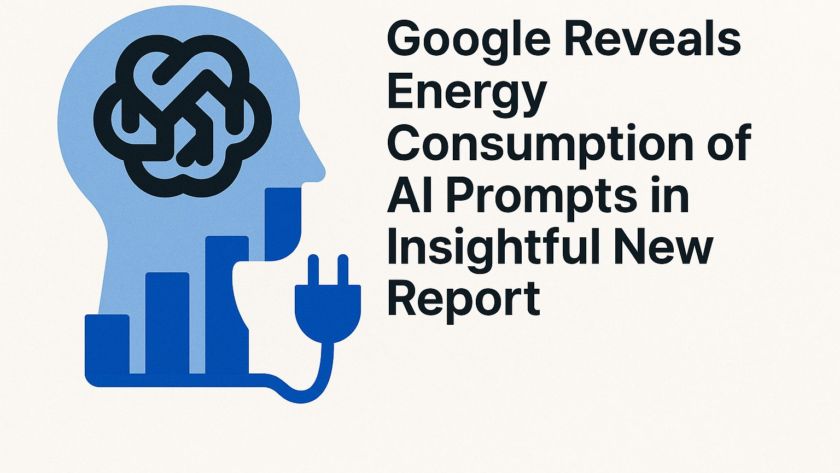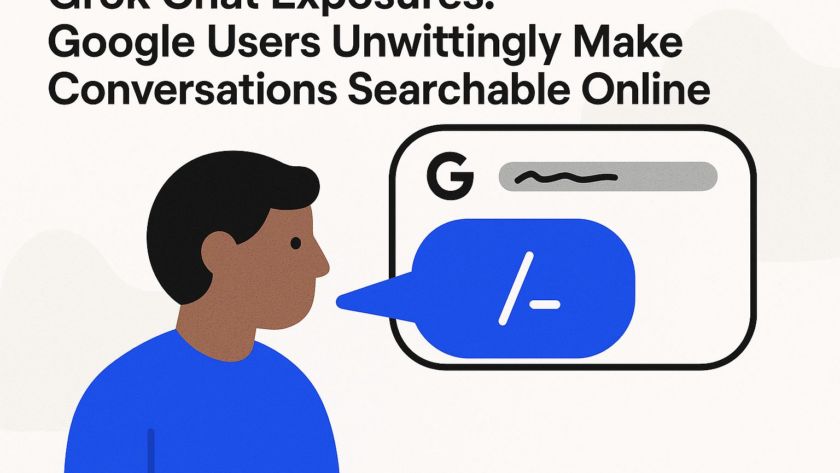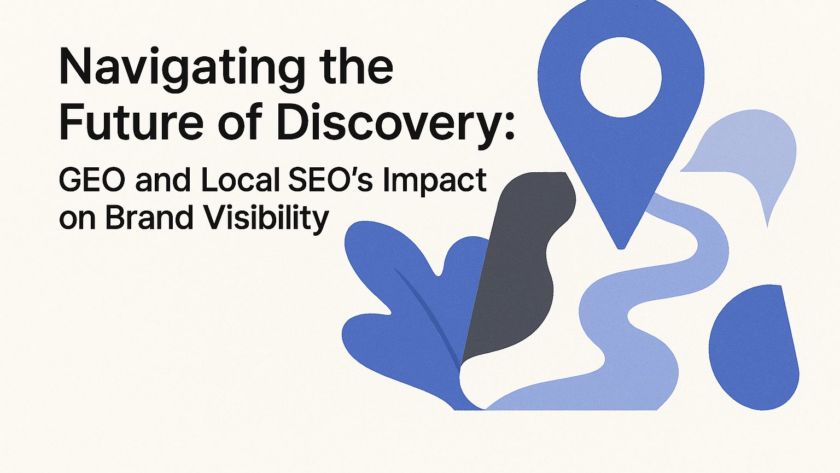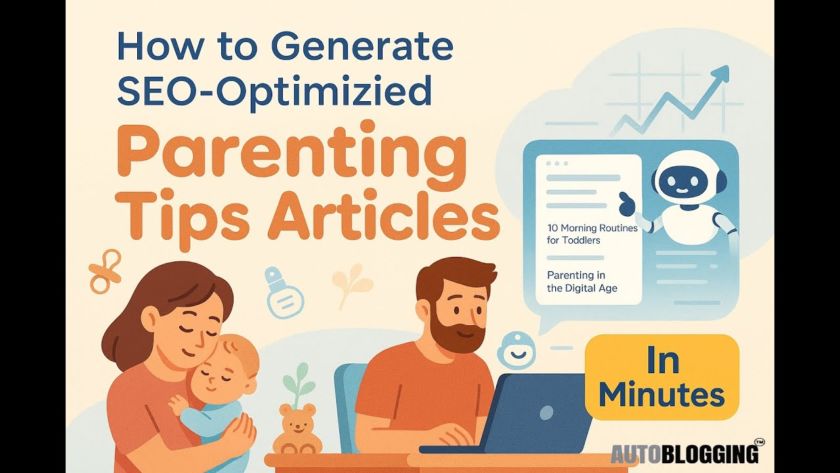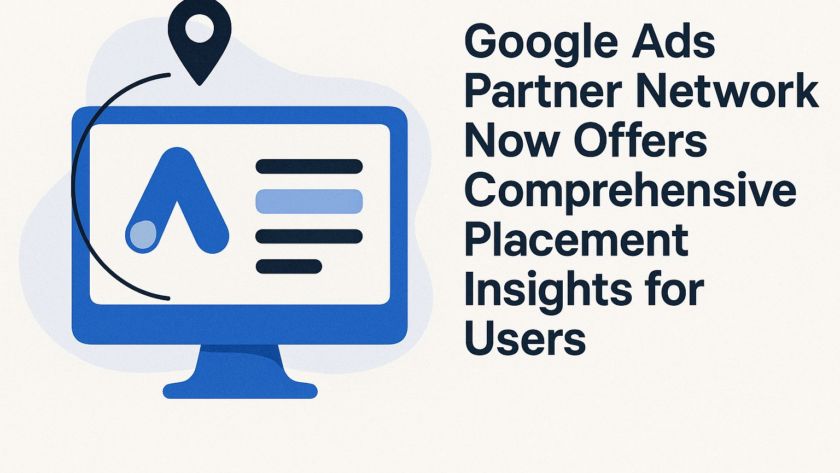Discover how to create professional, SEO-optimized parenting articles in under 3 minutes using AI-powered tools. This comprehensive guide walks you through the entire process of generating structured blog posts complete with images, FAQs, infographics, and proper SEO optimization—perfect for parenting bloggers, education writers, and child wellness content creators looking to scale their content production while…
Read More


